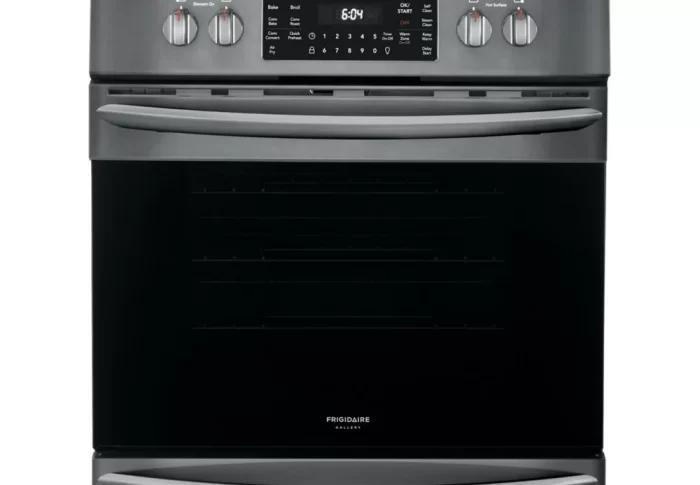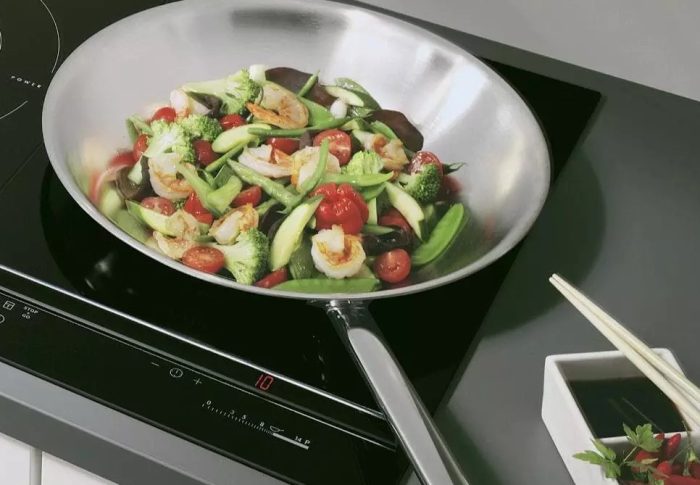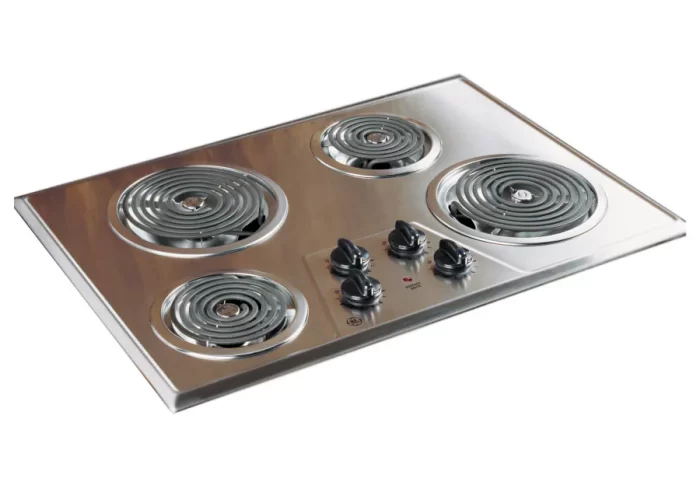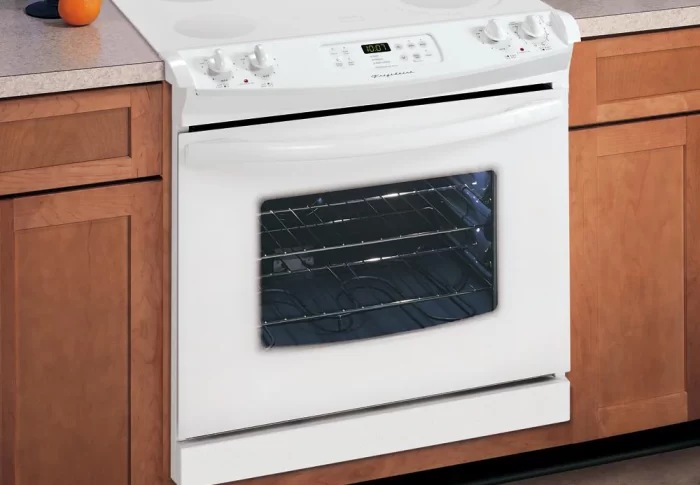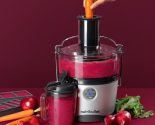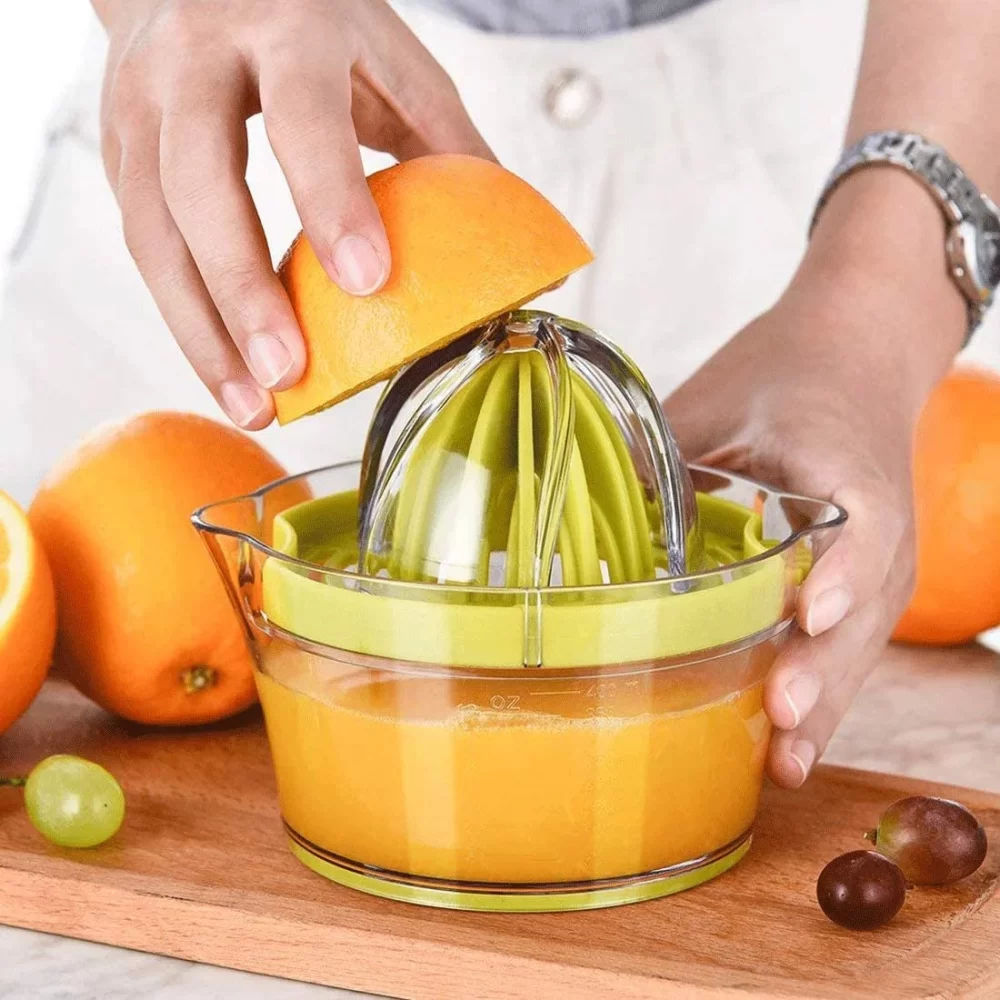
Get More Juice: Master Lemon Juicing Techniques
The Importance of a Lemon Juicer
Juicing lemons is not just about making lemonade. A lemon juicer becomes a handy tool in your kitchen arsenal, providing a simple way to extract more juice with less effort and time. Armed with the proper juicer, you can tap into lemons’ robust flavors and nutritional benefits more effectively. Lemons are rich in vitamin C and add zest to a variety of dishes, from salads to seafood. They also serve as a natural preservative and can brighten up any meal with a splash of acidity. Having a lemon juicer at home means you can quickly add fresh lemon juice to recipes, boosting both taste and health benefits.
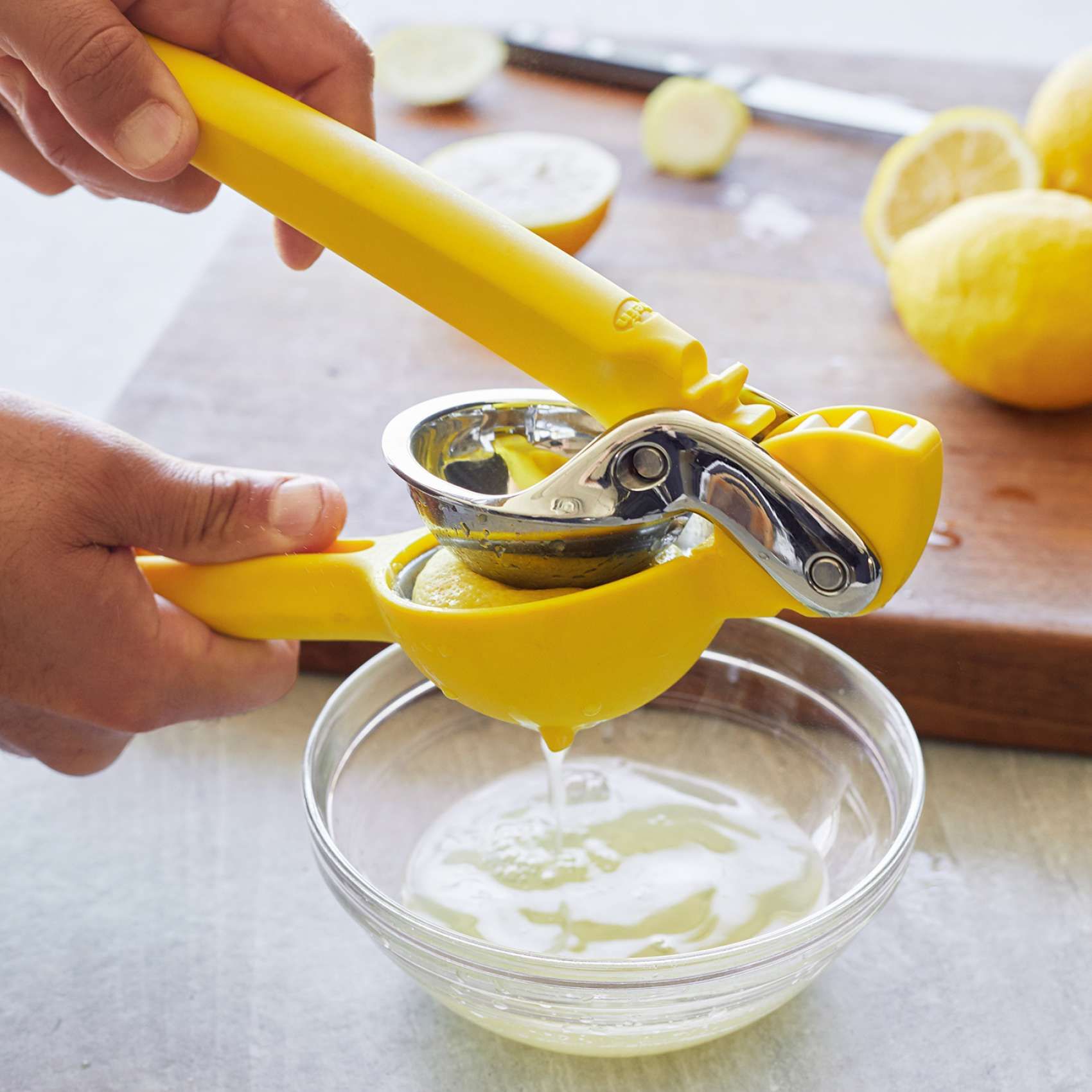
A dedicated juicer for lemons relieves you of the labor-intensive task of manual extraction, which can be especially valuable when you need a large quantity of juice. Whether you’re dressing a salad, marinating chicken, or whipping up a batch of lemon bars, the efficiency and effectiveness of a lemon juicer cannot be overstated. By using a juicer, you ensure that you can access every last drop of juice, including from the pulp and the very edges of the lemon rind, which is often discarded when juicing by hand. This efficiency not only maximizes the lemon’s yield but also makes your cooking process more sustainable and cost-effective.
Choosing the Right Lemon for Juicing
Choosing the proper lemon is crucial for optimal juice yield. Look for lemons that feel heavy for their size, indicating they contain plenty of juice. Smooth-skinned lemons without blemishes are ideal as they are less likely to contain imperfections that could impact the flavor and amount of juice. Uniformity in shape can also suggest fewer internal flaws, ensuring consistent juicing results.
Always select lemons with a firm texture. Soft or overly squishy lemons might be overripe, resulting in less juice and a more muted flavor. The color should be a vibrant yellow. Greens hints may imply under-ripeness, while browning can indicate aging or damage. Remember, the fresher the lemon, the better the taste and the higher the nutritional content.
Incorporating these tips when choosing lemons will help ensure that you get the most out of each fruit, making your juicing process more efficient and your juice more flavorful.
Preparing Lemons for Juicing
Before juicing, proper preparation of lemons is essential for the best results. Wash lemons in cold water to remove any impurities or pesticides. This step is crucial for health and better flavor. Next, roll lemons on a hard surface, applying pressure with your palm. This softens the lemon and makes it easier to squeeze. Cut the ends off the lemon to provide a stable base if using a vertical juicer. If using a manual juicer or squeezer, cut the lemon in half crosswise. This exposes more of the fruit’s surface to the juicer. Remove any visible seeds to prevent bitter flavors in your juice. Some juicing methods might require peeling the lemon, depending on the type of juicer. Peeling also avoids bitterness when using a cold press or masticating juicer. Always use a sharp knife for cutting to ensure safety and precision. With these simple steps, you’re ready to extract the maximum amount of juice.
Lemon Juicing Methods
Extracting juice from lemons involves different methods. We explore both manual and electric techniques below.
Manual Lemon Juicing Techniques
Juicing lemons manually can be simple and effective. Here are popular methods to consider:
- Using a Hand-held Citrus Squeezer: Cut the lemon in half. Place one half into the squeezer, with the cut side facing down. Squeeze the handles together to press the juice out.
- Tabletop Citrus Juicer: Position a lemon half on the cone-shaped reamer. Twist it down to extract the juice.
- Citrus Reamer: Grip the reamer handle and press it into a halved lemon. Twist it to release the juice.
Each technique offers unique benefits. The squeezer is quick and avoids seeds. The tabletop juicer catches more pulp. The reamer offers a hands-on feel.
Electric Lemon Juicing Options
Electric juicers provide ease and efficiency. They work well for frequent juicing needs. Here’s how to use them:
- Electric Citrus Juicer: Cut the lemon in half. Place a half on the reamer. Press down. The machine rotates to extract juice.
- Cold Press/Masticating Juicer: This type prepares more than just lemon juice. Cut and peel lemons before juicing. These juicers avoid the bitterness caused by the rind.
For one who juices often, electric juicers save time and effort. From citrus juicers to more versatile masticating types, they offer convenience and variety.
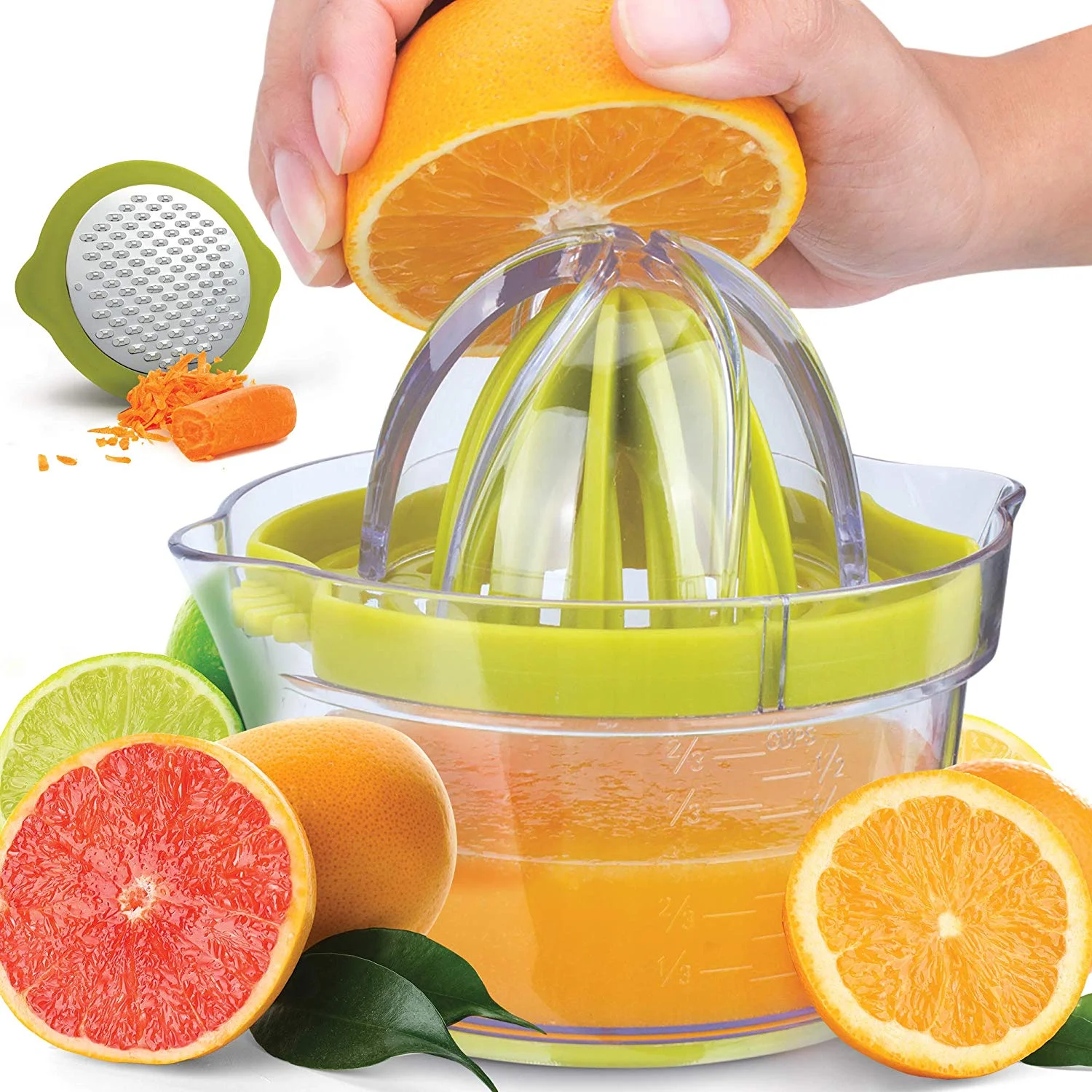 Uses for Fresh Lemon Juice in Cooking and Baking
Uses for Fresh Lemon Juice in Cooking and Baking
Fresh lemon juice enhances flavors in both cooking and baking. It’s great for balancing the richness of dishes. Incorporate it into marinades to tenderize meat and add a punch of flavor. Splash it over seafood for a fresh, citrusy twang. It works wonders in dressings, giving salads a zesty lift. When baking, lemon juice can lighten the texture of cakes and muffins. Moreover, it’s perfect for crafting tangy glazes and frostings. Using lemon juice can also help prevent fruits from browning. This is handy in fruit salads and other fresh dishes. It’s not just for food — adding lemon to drinks can elevate their taste as well.
Lemon Juicer Selection Guide
When you’re ready to buy a lemon juicer, consider your needs. Manual juicers work well for small batches. Electric juicers are better for larger quantities. Look at juicer features before you decide. Find one that suits your frequency of use and budget.
Manual juicers are simple and cost-effective. They require no power and are easy to clean. Choose a hand-held squeezer or reamer for quick jobs.
Electric juicers offer convenience and efficiency. They are ideal for those who juice regularly. Some come with extra features like pulp control.
Consider a masticating juicer for versatile use. These can juice lemons and other fruits and vegetables. They are higher in price but provide more functions.
Think about storage and ease of cleaning. Some juicers can be bulky or hard to clean. Choose one that fits your kitchen space and cleaning routine.
Compare juicers by reading reviews and checking ratings. Look for a juicer with good durability and performance. This ensures you invest in a product that lasts.
Remember, the best juicer for you is one that meets your specific needs. Think about what you’ll use it for and how often. Then, make a choice that aligns with your lifestyle and budget.
Storing and Preserving Fresh Lemon Juice
After juicing lemons, proper storage is key to maintain freshness. Here are effective ways to store and preserve lemon juice.
Freshly squeezed lemon juice should not sit out at room temperature for too long. Refrigerate it immediately to prevent spoilage. Place it in a clean, airtight container or a glass bottle to keep it fresh.
For short-term storage, keep lemon juice in the refrigerator. It stays good for about 2-3 days. Check for any signs of spoilage before use.
For longer storage, freezing lemon juice is an excellent option. Pour the juice into ice cube trays. Once frozen, transfer the cubes into a freezer-safe bag. This method allows you to use small amounts of juice as needed.
Label the storage containers with the juicing date. This helps track how long the juice has been stored.
Always use clean utensils when handling lemon juice. This prevents contamination and extends its shelf life.
If lemon juice turns dark in color or smells sour, discard it immediately. These are signs that the juice has gone bad.
By following these simple steps, you can ensure that your lemon juice remains vibrant and tasty for future use in cooking, baking, or beverages.
 FAQs: Lemon Juicing Tips
FAQs: Lemon Juicing Tips
When juicing lemons, a few common questions arise. Here are clear answers to help enhance your juicing experience:
- Can I juice whole lemons?
Yes, but remove the seeds to avoid bitterness. Consider peeling if using a cold press juicer.
- How do I prepare lemons for juicing?
Wash thoroughly, then either peel or cut them into smaller pieces. Always remove seeds.
- Can I juice other citrus fruits with lemons?
Absolutely! Lemons blend well with oranges, limes, and grapefruits for a juicy mix.
- How can I maximize lemon juice yield?
Roll lemons on a hard surface before juicing. Ensure they are at room temperature.
- How should I store lemon juice?
Keep it in a fridge using an airtight container, or freeze it in ice cube trays.
- Can I use a cold press juicer for other ingredients?
Yes, it’s great for apples, carrots, ginger, and even leafy greens like spinach.
By following these tips, you’ll make the most out of your lemon juicing process and enjoy fresh, vibrant flavors in your dishes and drinks.

